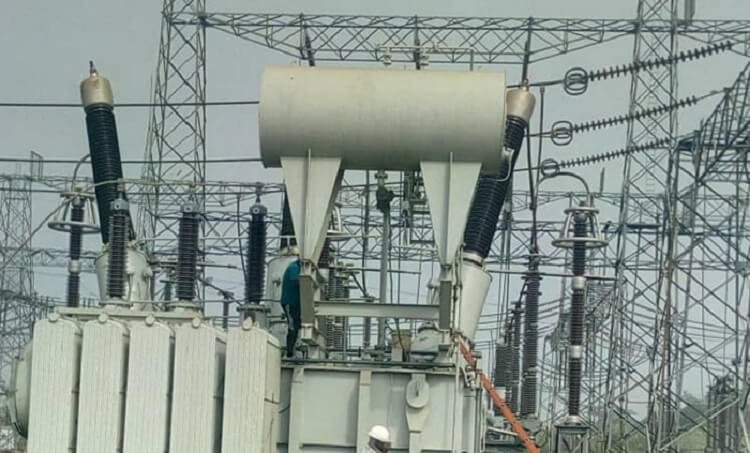…LCCI Blames Poor Implementation Of Privatisation Agreement
The Federal government has failed to meet its target to deliver at least 10 Giga Watts of electricity by 2020, as spelt out in the Economic Recovery and Growth Plan.
Advertisement
The strategic objectives of the ERGP which was launched by the government in 2017 included restoring growth, investing in people and building a competitive economy.
It also targeted a seven per cent GDP growth rate by 2020, driven by strong non-oil sector growth anchored by agriculture and food security energy, transportation and industrialization.
Other focus of the ERGP includes to optimize the delivery of at least 10 GW of operational capacity by 2020 and to improve the energy mix through greater use of renewable energy.
THE WHISTLER findings showed that the transmission company only transmitted an all-time peak of 5.56 GW on January 7, 2021, which falls below the 10GW 2020 target.
Advertisement
Nigeria with about 12.5 GW of installed capacity has been able to distribute about 50 per cent of that capacity, resulting in shortage of electricity supply across the country.
The sector had in recent times contended with various challenges such as structural problems that continue to hamper growth in the power sector.
Some of these challenges are shortage of gas supply for thermal plants, high levels of unpaid electricity bills, power theft and vandalism, and the level of outdated and poorly maintained transmission network.
The Director-General of the Lagos Chamber of Commerce and Industry, Muda Yusuf, in a chat with THE WHISTLER noted the ERGP failed to meet its target as a result of poor implementation strategy.
The DG explained that the power sector has suffered series of setbacks due to the way the privatisation process was carried out, as the private operators lack the adequate capacity to run the sector.
He said, “The ERGP had a lot of promising plans but the problem is often not the plan but the ability to implement.
Advertisement
“And for the power sector, there seem to be capacity issue on the part of those who took over some aspect of the sector, especially the DISCOs, so it affects the ability to manage the entire process.”
According to him, factors such as, funding, technical know-how as well as policy issues have hindered the growth of the sector.
The DG speaking further said, “Private sector do not have the liquidity to manage the sector, and they are not generating so much income from their operation, they suffer power theft, and some agencies do not pay for the power they consume. These issues affect the liquidity of the sector.
“Policy issues which bothers on pricing, is also another limiting factor. Nigeria has been operating a non-cost reflective pricing model and it is not sustainable.
“Nigerians expect electricity supply as a social commodity for which they are supposed to pay nothing or less, but it cannot be so, because it is a private business.”
According to him, the transmission component of the power sector is still being managed by the government hence the issue of inefficiency,
Advertisement
The challenges facing the sector, according to him, represents a major cost to Nigeria’s business environment, especially the Small and Medium scale Enterprises.
“Issues surrounding the energy sector is a major challenge, when you are looking at the impact on private sector businesses and SMEs.
“Energy cost remains a major problem, now we have private companies relying more on alternative sources of energy, and they pay more, it is even worse for manufacturers and producers who always work with electricity.
“The ERGP is a good plan, but we need to focus on ensuring effective implementation and execution, as well as develop ways to measure up performance with plans,” he said.



